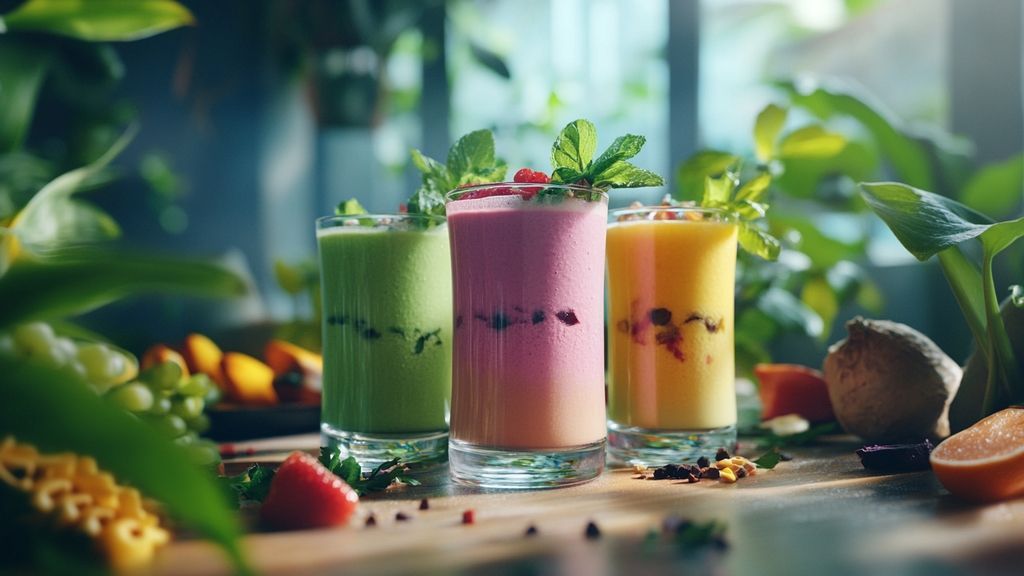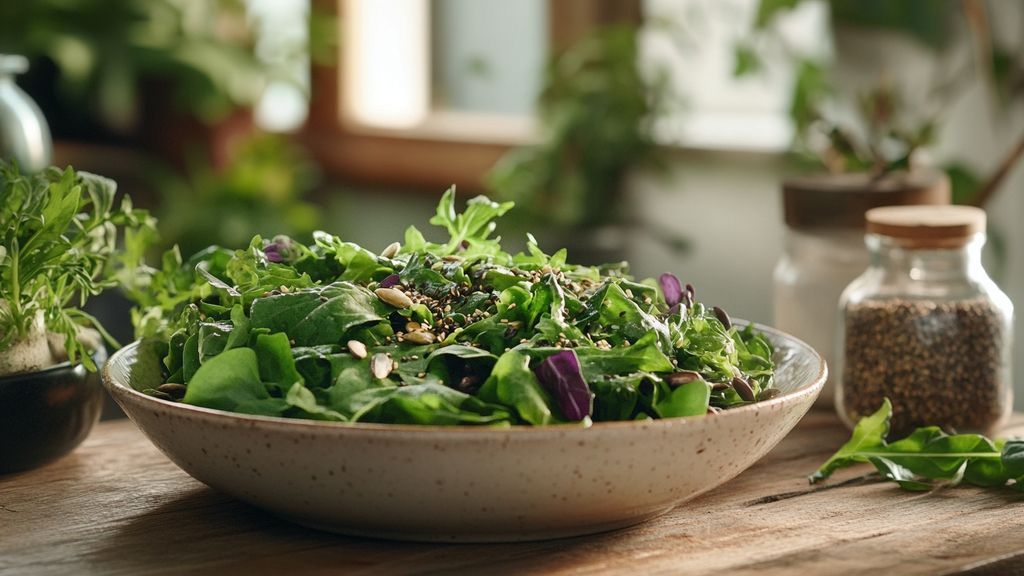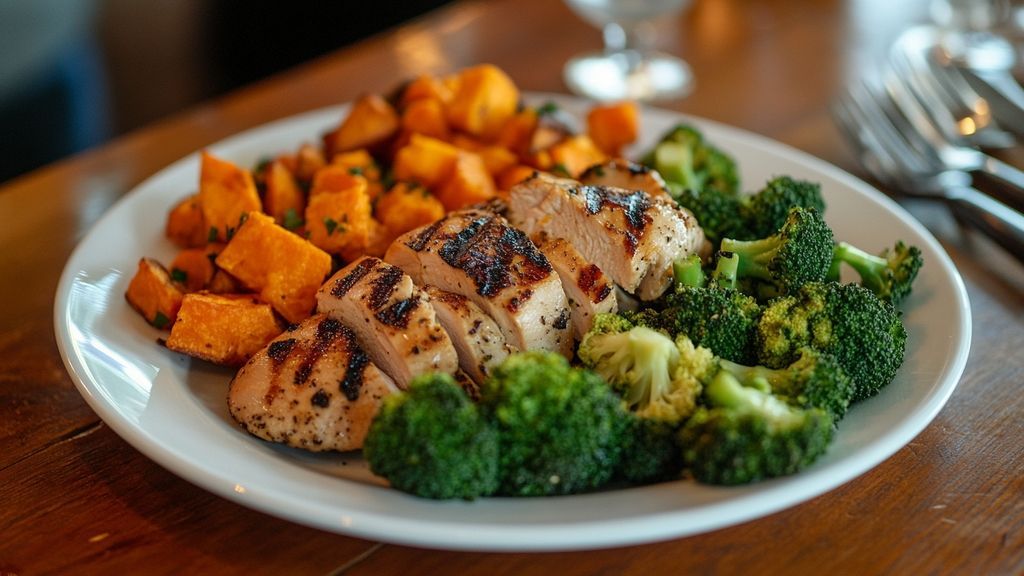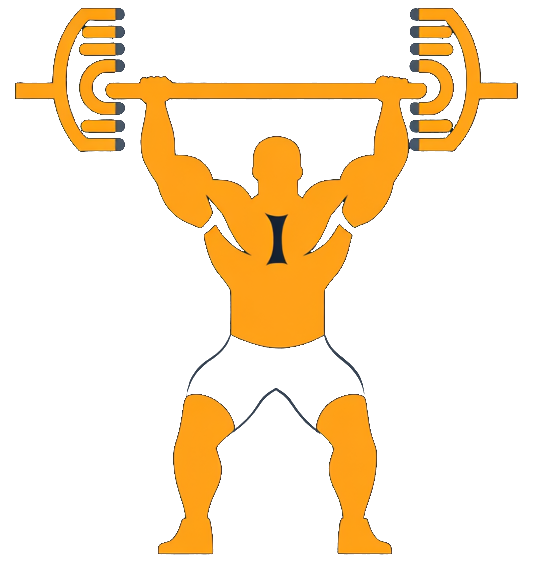Nutrition plays a critical role in optimizing your performance during workouts. Understanding what to eat before and after a workout of the day (WOD) can significantly impact your energy levels, recovery, and overall results. For CrossFit enthusiasts, where the intensity and duration of workouts can vary widely, fueling the body correctly becomes even more important. This article will delve into the crucial aspects of pre- and post-WOD nutrition, providing guidelines and tips for athletes of all levels.
Consuming the right nutrients at the right times will not only boost your effort during high-intensity sessions but also speed up recovery. We will explore various food options and insights on how timing your meals can enhance both performance and recovery.
Pre-Workout Nutrition Essentials
Proper nutrition before a WOD is the foundation for optimal performance. It ensures that you have adequate energy levels to tackle intense exercises without fatigue. The goal is to provide your body with nutrients that can be readily converted into energy.
Benefits of Pre-Workout Meals
Eating the right foods before your workout can maximize your output. When you fuel correctly, you may experience improved strength, endurance, and mental focus. This is especially crucial during demanding workouts where every lift counts. Feeding your body the necessary carbohydrates, proteins, and fats helps establish solid energy reserves and prepares your muscles for exertion.
Timing Your Pre-WOD Meal
When it comes to pre-workout meals, timing is everything. Ideally, you should eat your last substantial meal about two to three hours before your workout. This allows for proper digestion and maximizes the benefits of the calories consumed. For example, a meal comprising grilled chicken, quinoa, and steamed broccoli provides a great balance of protein and carbohydrates.
If you’re short on time, opt for a snack 30 to 60 minutes before your session. A banana with almond butter, low-fat yogurt with fruit, or a small protein shake could give the needed boost without weighing you down. This pre-workout meal or snack should primarily focus on carbohydrates, supplemented by a moderate amount of protein.
What to Avoid Before a WOD
Although it’s important to fuel up, it’s equally essential to avoid heavy or fatty foods that can disrupt your workout. Meals high in solid fats can lead to sluggishness or even gastrointestinal discomfort. Foods with added sugars should also be limited as they can cause energy spikes followed by crashes. Focus instead on natural, whole foods that provide sustained energy.
Post-Workout Nutrition Strategies

After crushing a WOD, your body enters a recovery mode that requires immediate attention to your nutrition. What you consume post-workout can help replenish lost nutrients, repair damaged muscles, and restore energy levels.
The Importance of Recovery Nutrition
Recovery nutrition plays a pivotal role in the repair and rebuilding process of your muscles. Following a workout, your muscles deplete glycogen stores and experience tiny tears. Consuming the right mixture of proteins and carbohydrates within a couple of hours after a workout can significantly enhance recovery times and muscle adaptation.
What to Eat After a WOD?
A well-rounded post-workout meal should ideally include a combination of high-quality protein and carbohydrates. For protein sources, consider options like grilled fish, turkey, eggs, or plant-based proteins. Coupling protein with carbohydrates is vital for replenishing glycogen stores. Foods such as sweet potatoes, brown rice, or an energy-boosting smoothie can serve as great post-workout carbohydrates. The classic chicken and rice dinner is an excellent choice, providing both protein and carbs in a simple format.
Hydration Is Key
Hydration plays an equally critical role in recovery. Your body loses fluids during intense exercise, and it’s important to rehydrate adequately. Water is the most basic necessity, but for longer sessions, consider drinking electrolyte-rich beverages to replace lost salts. Proper hydration aids in muscle recovery and can help reduce soreness.
Snacks for Quick Recovery
If you are on the go or do not have time for a complete meal, throw in some quick snacks to help with recovery. Protein bars, low-fat yogurt, or a fruit smoothie can effectively supply your body with the necessary nutrients after a WOD. Just make sure to choose snacks that strike a balance between protein and carbohydrates.
Nutrient Timing for Optimal Performance
The concept of nutrient timing emphasizes not just what you eat, but when you eat it. Strategic timing can enhance performance, particularly for athletes engaging in high-intensity CrossFit workouts.
Pre-Workout Timing
For maximum energy, remember to consume your pre-workout meals or snacks at optimal intervals. Eating too far in advance could leave you feeling hungry by the time you begin your workout. Conversely, eating too close to workout time can result in sluggishness. Take time to assess your personal tolerance to food volume and timing: it may take some experimentation to find the right fit.
Post-Workout Strategy
Post-workout, aim to consume your recovery meal within 30 to 60 minutes after finishing your WOD. This is often referred to as the “anabolic window,” a period when your muscles are primed to absorb nutrients effectively. If you’re unable to eat a whole meal within this window, try to have at least a recovery drink that offers quick-digesting carbohydrates and proteins to kick-start recovery.
Listen to Your Body
Everyone’s body responds differently to nutrition and workouts. Monitor how your body feels post-exercise, and adjust your food choices and timing based on those observations. Keeping a food diary can be a useful tool to track what works best for you over time.
Common Misconceptions About Pre and Post-Workout Nutrition

As a CrossFit athlete, you might come across various misconceptions regarding nutrition. Addressing and understanding these can help you make better dietary choices to aid your performance.
Myth: You Must Eat a Huge Meal Before Working Out
While fueling up is necessary, thinking you must consume a large meal before every workout can be misleading. Excessive food consumption can lead to discomfort. Balance is vital.
Myth: All Carbs are Bad
Another common misconception is that carbs should be avoided to maintain a healthy lifestyle. Carbohydrates are crucial fuel sources that your body needs, particularly during high-intensity workouts. Focus on quality carbs such as fruits, vegetables, and whole grains rather than cutting them out entirely.
Myth: Protein Shake is Enough Post-Workout
While protein shakes can be beneficial, many athletes mistakenly think it’s sufficient for recovery. For optimal recovery, aim for a balanced meal that incorporates both protein and carbs. Relying solely on shakes may deprive your body of critical nutrients essential for repair and recovery.
Practical Tips for Effective Meal Planning
To effectively manage your pre and post-workout nutrition, meal planning can be your best ally. By preparing meals and snacks ahead of time, you eliminate last-minute unhealthy food choices and ensure you have the right nutrients when needed.
Plan Ahead
Plan your weekly meals keeping in mind your workout schedule. Know when your higher-intensity WODs are coming up, and prepare accordingly. Design meals that include plenty of wholesome ingredients, and store them for easy access.
Batch Cooking
Batch cooking can save time throughout the week. Prepare a variety of proteins, grains, and veggies in larger quantities so you can mix and match throughout the week. This not only keeps meals interesting but ensures you are maximizing your nutrient intake.
Stay Organized With Snacks
Keep pre-portioned snack bags easily available for on-the-go fueling. Nuts, energy bites, or homemade protein bars are easy to pack and can be quick fixes for when you need something before or after a workout.
Use Apps for Tracking
Several apps can help you track your macronutrient intake. Keeping an eye on your per-meal content can help you pinpoint any deficiencies and make adjustments as required. Using technology to your advantage can smooth out the process of maintaining optimal nutrition.
Final Thoughts on Pre and Post WOD Nutrition

Adopting the right nutrition before and after workouts can pave the way for significant improvements in your performance and recovery. Every athlete must recognize the power of food as fuel and how it affects training outcomes. By prioritizing meals and snacks that enhance energy levels, recovery, and muscle health, you set yourself up for success.
With such insights and practical strategies, you have the tools to master your nutrition in relation to your CrossFit journey. Continue refining your meal strategies and focus on listening to your body. Your next workout and the recovery that follows can be the best yet.
